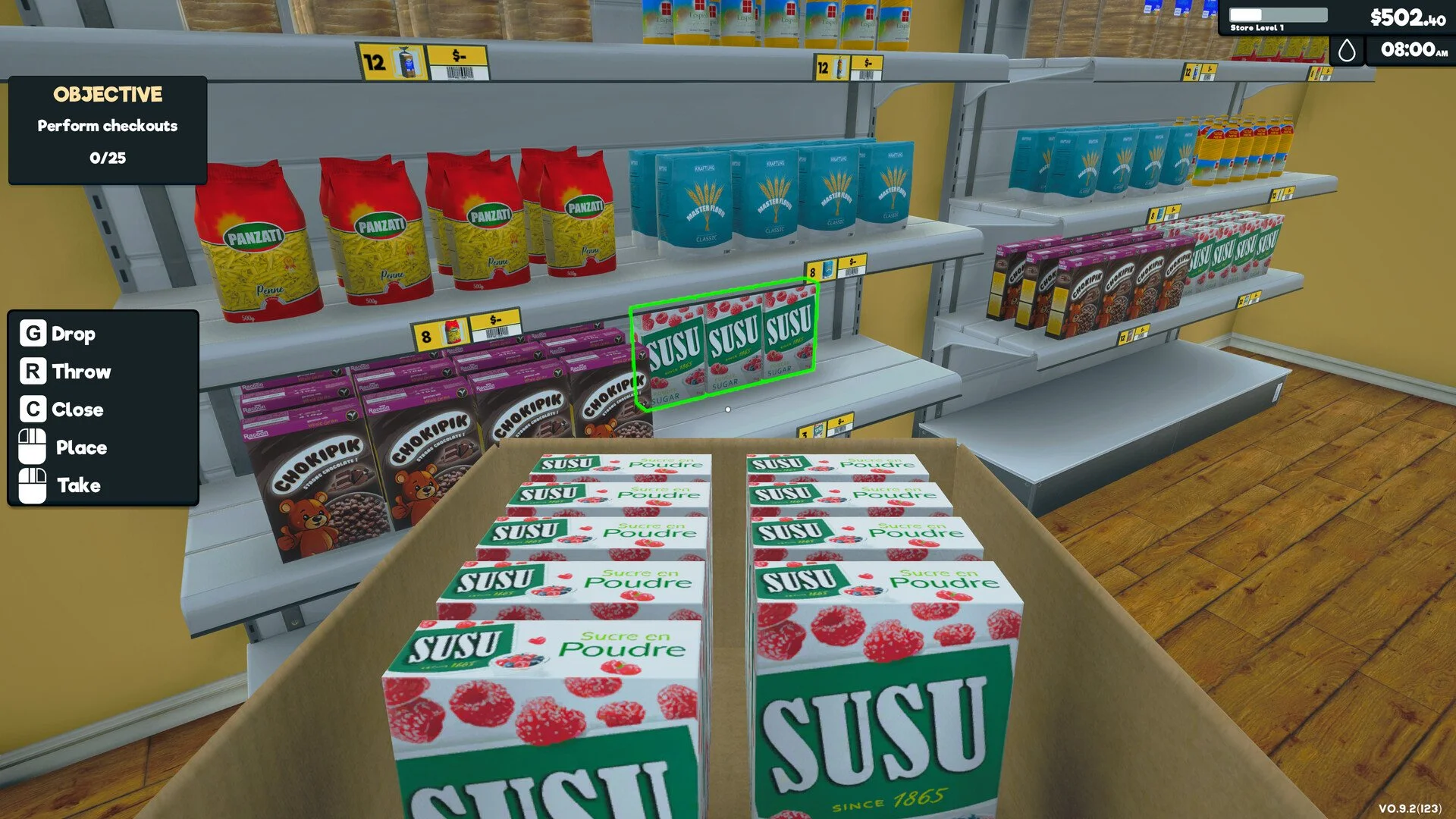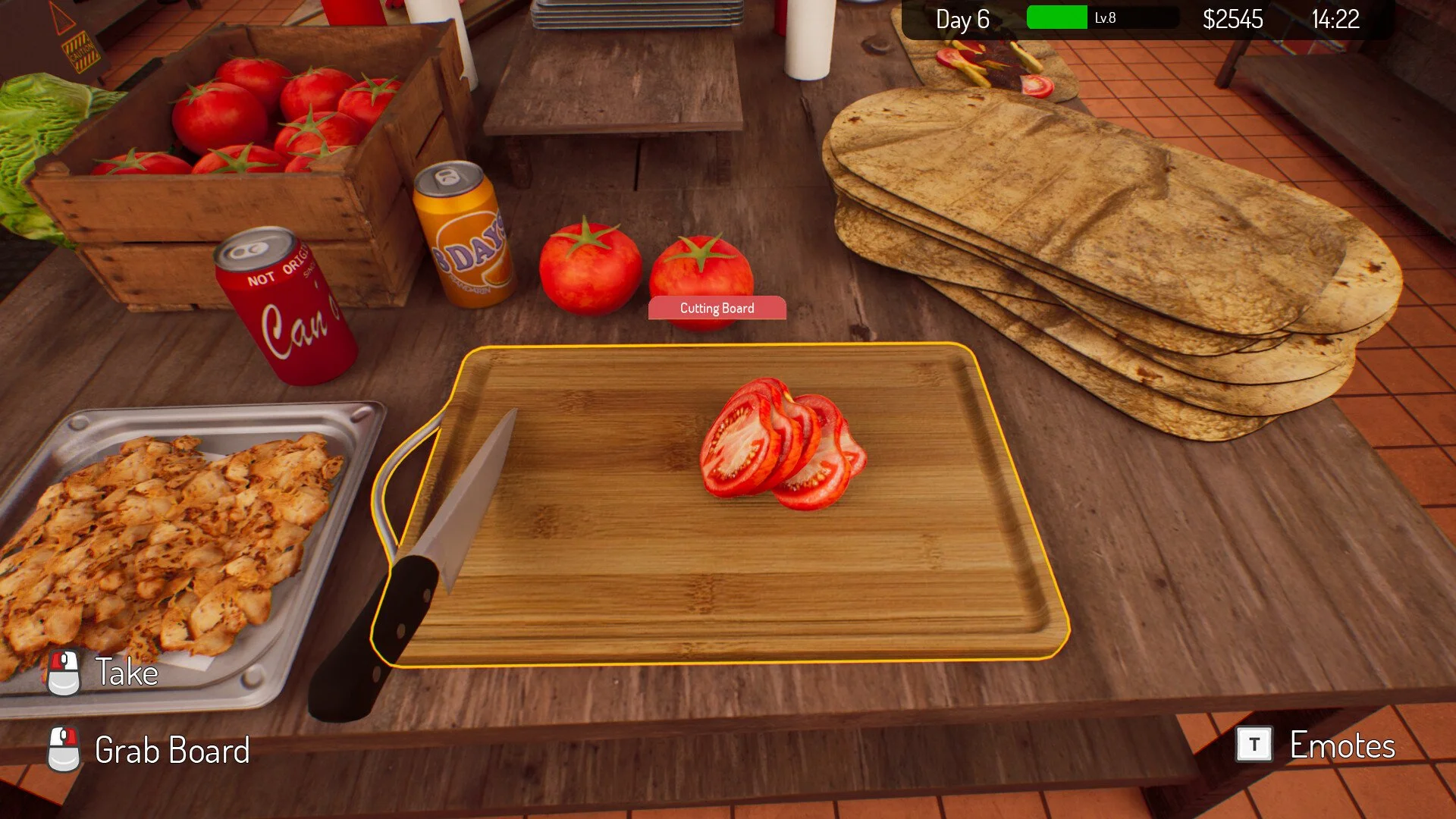Digital Overtime: Why Are We Paying to Work a Second Job?
Let’s be brutally honest for a moment. Most of us spend eight, ten, maybe even twelve hours a day grinding away at a job we tolerate at best. We deal with demanding bosses, annoying coworkers, and tasks that feel utterly pointless. So when we finally get home, exhausted and brain-dead, what do we do? We pay money to turn on a machine and… go to work. Again.
It’s an absurdity that has quietly become one of the biggest trends in gaming. The market is absolutely flooded with simulators that replicate, with unnerving accuracy, the most mundane jobs imaginable. We’re not talking about being a fighter pilot or an elite assassin. We're talking about the kind of work that populates the background of everyday life. And for some goddamn reason, we can't get enough of it.
From Power Fantasies to Power Washing
There was a time when simulators were about empowerment on a grand scale. You were the mayor of a sprawling metropolis, the general of a conquering army, or a literal god shaping a world for your digital peons. Now, the height of our ambition seems to be achieving a five-star rating at our own virtual gas station.
The sheer variety is staggering. You can spend your evening meticulously stocking shelves, setting prices, and checking out customers in Supermarket Simulator. You can hop into the driver's seat of a big rig and haul cargo across the continent in Euro Truck Simulator 2, obeying traffic laws and worrying about fuel consumption. You can even live out the blue-collar dream of buying a dilapidated shack and painstakingly renovating it, tile by tile, in House Flipper.
These aren’t action games in disguise. There’s no secret alien invasion you need to thwart with your perfectly organized potato chip aisle. The game is the job. The gameplay loop is the work. And it raises the unavoidable, slightly uncomfortable question: Why in the hell is this fun?
The Search for Order in a World full of lies
I think one of the biggest draws is the promise of tangible, visible progress. The real world is messy. You can work your ass off for a month on a project only for it to be cancelled by some suit in middle management. Your efforts feel abstract, your impact questionable.
Finding Zen in the Grime
Then you fire up PowerWash Simulator. You’re faced with a playground caked in years of filth, a true monstrosity of grime. You equip your nozzle, pull the trigger, and start blasting. With every pass, you carve a clean line through the dirt. An hour later, that disgusting, forgotten relic is pristine, gleaming in the sun. You did that. You took chaos and you imposed order. The satisfaction is direct, immediate, and absolute. There's no performance review, no quarterly report, just a clean goddamn fire truck.
Competence Without Consequence
These games also offer a fantasy of competence without the soul-crushing risk of real-world failure. In PC Building Simulator, you can tinker with thousand-dollar components, learn how to install a CPU, and manage thermal paste without the paralyzing fear of frying your motherboard. If you mess up in Gas Station Simulator and order too many snacks, you don’t risk bankruptcy and foreclosure; you just have a less profitable virtual day. It's a perfect feedback loop of problem, solution, and reward, stripped of all the genuine anxiety that accompanies those things in reality.
The Catharsis of Turning Your Brain Off
Let’s not overlook another, simpler reason for this trend's success: these games are the ultimate mental palate cleanser. After a day of overstimulation, endless emails, and high-stakes decisions, the last thing some of us want is a game that demands more intense focus.
The Perfect Podcast Companion
The gentle thrum of a truck engine on an empty highway at 3 AM. The methodical rhythm of scanning groceries. The repetitive-yet-satisfying act of hammering drywall. These tasks are engaging enough to occupy your hands and the surface level of your brain, but simple enough to let the rest of your mind wander. They are the perfect "second screen" experience, allowing you to catch up on podcasts, listen to an audiobook, or just let your thoughts drift into a blissful, silent void. It's a form of meditation for people who can't sit still. It’s a way to be productive in your leisure time without actually having to think.
So, What's the Final Diagnosis?
When we pay for these job simulators, we're not actually paying to work. We’re paying for an idealized version of work that doesn't exist in the real world. We're buying into a system where the rules are clear, the effort is always rewarded, and the sense of accomplishment is guaranteed. You can become the master of a self-contained universe, whether that universe is a single-car garage or a sprawling digital farm.
Maybe it's a sad reflection on the state of modern labor that we have to seek this fulfillment in a virtual space. Or maybe it’s just a testament to our unshakable human desire to create order, to complete a task, and to see a job well done. Either way, the trend shows no signs of slowing down. Now if you’ll excuse me, I have a shipment of virtual sausages to unload before my digital customers get angry. The grind, it seems, is eternal.

